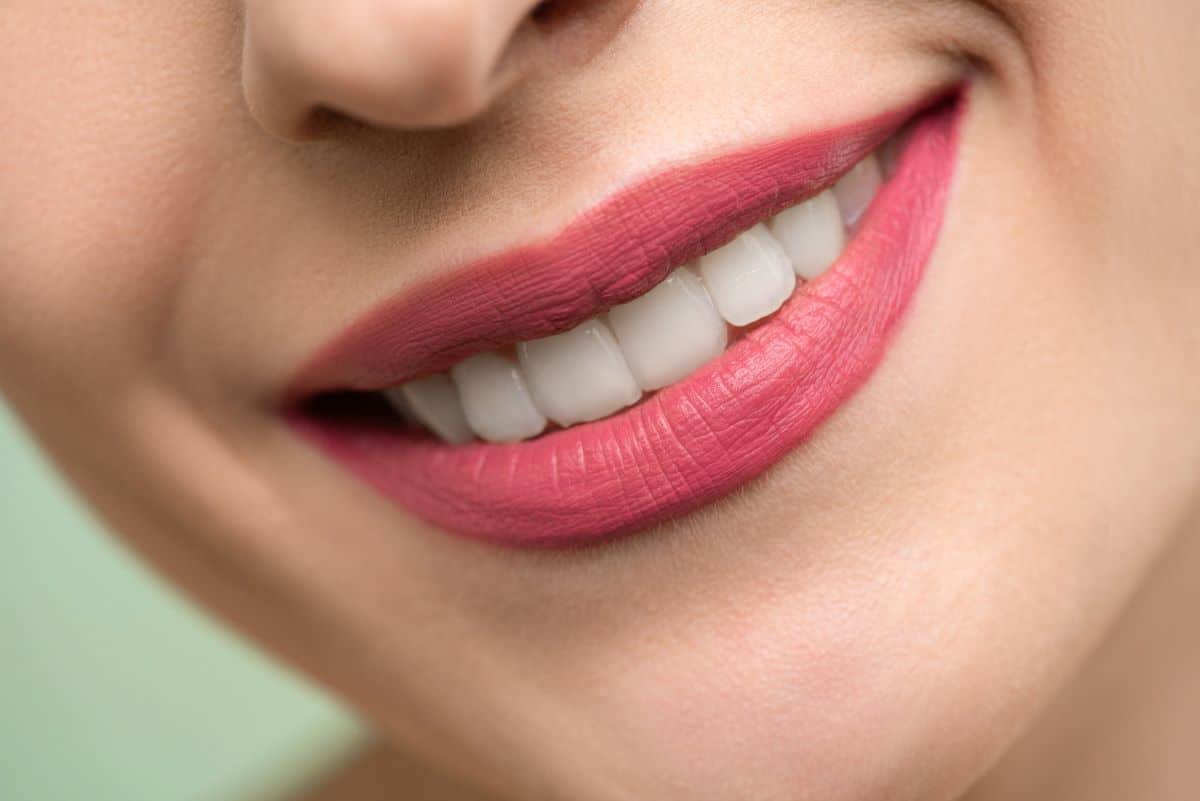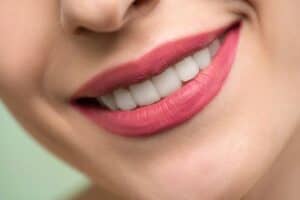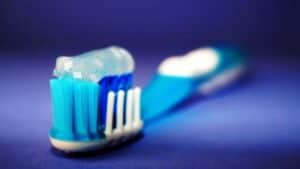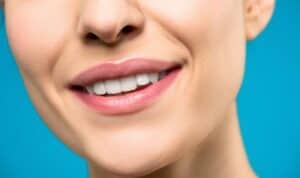
22 Sep How Can I Prevent Dental Erosion?
How Can I Prevent Dental Erosion? 7 Proven Ways to Protect Your Smile
Greetings and welcome to this in-depth guide dedicated to ensuring the well-being of your precious smile. Dental erosion, a significant concern affecting a multitude of individuals, has prompted us to create this comprehensive article. Dental erosion is a critical issue that affects the enamel—the protective outer layer of your teeth. As this enamel deteriorates, it exposes the sensitive inner layers, paving the way for potential pain, heightened sensitivity, and a host of other dental problems.
In this article, we delve into this subject, unveiling proven techniques to combat dental erosion and maintain a captivating smile for years to come. Understanding the gravity of dental erosion and the impact it can have on both oral health and confidence is crucial. Our hope is that armed with this knowledge, you can effectively shield your teeth from erosion and preserve your radiant smile.
Understanding Dental Erosion
Dental erosion refers to the slow and steady deterioration of the tooth enamel, primarily caused by the presence of acidic elements in specific foods and beverages. Enamel, the tough and protective outer covering of your teeth, shields them from external influences. However, when this enamel gradually diminishes, the delicate inner layers of the teeth become exposed. This exposure can result in discomfort, heightened sensitivity, and a range of other dental issues. Dental erosion is a significant concern for oral health, emphasizing the importance of preventative measures and proper dental care.

How Can I Prevent Dental Erosion?
Discover a range of effective strategies to proactively prevent dental erosion and maintain a vibrant smile.
1. Maintain a Balanced Diet
Adopting a balanced diet that includes an abundance of fruits, vegetables, and dairy products is vital. These foods not only offer essential nutrients for overall health but also strengthen your enamel, providing a strong defense against erosive acids. Additionally, they aid in neutralizing the harmful effects of acid on your teeth.
2. Regular Dental Check-ups
Schedule regular check-ups with your dentist to proactively monitor your oral health. These routine visits allow your dentist to detect any signs of erosion or other dental concerns at an early stage. Early identification enables timely intervention and appropriate guidance to prevent further erosion and maintain a healthy smile.
3. Proper Oral Hygiene
Maintaining proper oral hygiene is paramount in preventing dental erosion. Brush your teeth at least twice a day using a fluoride toothpaste, as fluoride strengthens the enamel and protects against acid attacks. Flossing daily is equally important to remove food particles and plaque from hard-to-reach areas, ensuring comprehensive oral cleanliness.
4. Limit Acidic Foods and Drinks
Be mindful of your diet and reduce the consumption of acidic foods and beverages, such as citrus fruits, sodas, and sports drinks. These items can erode enamel over time. If you do indulge, rinse your mouth with water immediately afterward to minimize acid exposure and its adverse effects on your teeth.
5. Use a Straw
Implement a simple yet effective practice of using a straw when consuming acidic beverages. This minimizes direct contact with your teeth, reducing the risk of erosion. By directing the liquid to the back of your mouth, you can mitigate the impact of acids on your enamel, safeguarding your dental health.
6. Chew Sugar-Free Gum
After meals, consider chewing sugar-free gum as a beneficial habit. Chewing gum stimulates saliva production, which serves as a natural defense against acids. Saliva helps neutralize acids in your mouth, providing an added layer of protection for your teeth and aiding in the prevention of erosion.
7. Use a Mouthguard for Night Grinding
If you have a tendency to grind your teeth at night, known as bruxism, using a mouthguard is highly recommended. Grinding can cause unnecessary wear and tear on your enamel, making your teeth more susceptible to erosion. A custom-fitted mouthguard can effectively mitigate this risk, preserving the integrity of your enamel and supporting long-term oral health.

FAQs
Can dental erosion be reversed?
Dental erosion, unfortunately, cannot be reversed once the enamel is eroded. The enamel, once lost, does not regenerate on its own. However, early intervention and consistent, proper oral care can significantly slow down or prevent further erosion. This underscores the importance of proactive dental hygiene and regular check-ups.
Are children more prone to dental erosion?
Yes, children are particularly susceptible to dental erosion. Their enamel is still developing and is thinner compared to adults, making it more vulnerable to acids from various sources. Additionally, children tend to consume sugary and acidic foods and beverages more frequently, further increasing their risk of dental erosion.
How does dental erosion affect tooth sensitivity?
Dental erosion exposes the sensitive inner layers of your teeth, including the dentin and nerve endings. When the protective enamel is eroded, these inner layers become more exposed, leading to heightened tooth sensitivity. Individuals with dental erosion often experience discomfort, especially when consuming hot, cold, or sweet foods and drinks.
Is teeth whitening safe for individuals with dental erosion?
Teeth whitening procedures may not be safe for individuals with dental erosion. In fact, they can exacerbate the erosion and increase tooth sensitivity. Before considering any teeth whitening treatments, it’s crucial to consult your dentist, especially if you suspect or have signs of dental erosion. Your dentist can recommend suitable alternatives or treatments.
How does saliva help prevent dental erosion?
Saliva plays a vital role in preventing dental erosion. It acts as a natural defense mechanism by neutralizing acids present in the mouth. Saliva helps maintain a balanced pH level, counteracting the harmful effects of acids on the enamel. Proper hydration and maintaining good saliva production are essential for protecting your teeth from erosion.
Can tooth erosion cause cavities?
Yes, dental erosion can lead to cavities. As the enamel weakens due to erosion, the protective barrier for your teeth is compromised. This makes the teeth more susceptible to cavities and decay. Maintaining a strong and intact enamel layer through preventive measures is crucial to reduce the risk of cavities and other dental issues.

What are the common signs of dental erosion?
Dental erosion often manifests as increased tooth sensitivity, discoloration (teeth appearing yellowish), rounded teeth edges, and in severe cases, transparent or shiny surfaces on the teeth.
Can grinding teeth contribute to dental erosion?
Yes, teeth grinding, also known as bruxism, can accelerate dental erosion. The constant friction and pressure on the teeth wear down the enamel, making them more susceptible to erosion.
Are there specific age groups more prone to dental erosion?
While dental erosion can affect individuals of all ages, older adults often experience it due to years of wear on the enamel. Additionally, young children and teenagers, especially those consuming acidic foods and drinks, are at an increased risk.
Can stomach problems affect dental erosion?
Gastrointestinal issues that lead to frequent vomiting or acid reflux can significantly contribute to dental erosion. The regurgitated stomach acids can erode tooth enamel over time.
Is dental erosion reversible through natural means?
Unfortunately, once enamel is lost due to dental erosion, it cannot regenerate naturally. However, preventive measures can halt further erosion and protect remaining enamel.
How does dental erosion impact the appearance of teeth?
Dental erosion can affect the aesthetics of teeth, causing them to look dull, discolored, or transparent. It can also alter the shape of the teeth, giving them a rounded or irregular appearance.
Can dental erosion cause discomfort or pain?
Yes, as dental erosion progresses, it can lead to increased tooth sensitivity, making consuming hot, cold, or sweet foods and drinks painful. In advanced stages, it may cause toothaches or localized pain.
In Conclusion
Ensuring the health of your smile holds immense significance for your overall well-being. By diligently adhering to these preventive measures, you can not only combat dental erosion effectively but also maintain the strength and beauty of your teeth. It’s crucial to bear in mind that sustaining a radiant smile requires more than just sporadic efforts; it necessitates consistent oral care and the adoption of a balanced lifestyle. These practices are the cornerstones of preserving the brilliance of your smile for the long haul.


Sorry, the comment form is closed at this time.